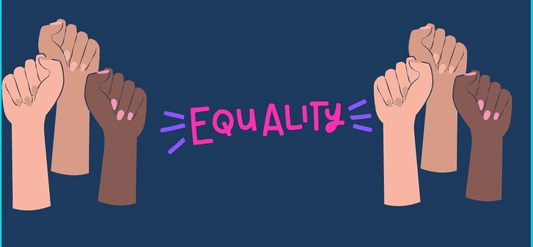Education is a force of change, capable of transforming societies and fostering progress. When it comes to promoting sustainable period practices, schools play a vital role in empowering young minds with knowledge and fostering a sense of responsibility towards the environment.

By integrating education and sustainable period practices, we can create a generation that not only understands the importance of menstrual hygiene but also actively contributes to a greener and healthier planet.
Breaking the Taboos:
Education has the power to break the shackles of societal taboos surrounding menstruation. By addressing menstruation openly and inclusively in schools, we can eliminate the stigma and shame that often accompany periods. Knowledge is the key to dispelling myths and empowering young people to make informed choices about their health and well-being.
Embracing Sustainability:
Sustainable period practices not only promote environmental conservation but also empower individuals to make conscious choices. Schools can introduce students to eco-friendly alternatives like menstrual cups, reusable cloth pads, and organic tampons.
By educating students about the harmful effects of traditional disposable products, we can inspire them to make sustainable choices that reduce waste and carbon footprints.

Nurturing Empathy and Compassion:
Education is not solely about academic knowledge; it's also about fostering empathy and compassion. By incorporating lessons on sustainable period practices, schools can teach students to empathize with those who may not have access to menstrual products.
This awareness can inspire young minds to initiate donation drives, advocate for better policies, or support initiatives that provide menstrual hygiene products to marginalized communities.
Also Read - The Red Revolution: How Sustainable Periods Are Saving the Environment
Encouraging Inclusive Practices:
Every student deserves equal opportunities and support during their menstruation journey. Schools can play a pivotal role in creating inclusive environments by providing menstrual hygiene facilities, such as well-stocked washrooms and hygienic disposal systems.

By implementing inclusive practices, we can ensure that menstruation does not hinder a student's education or participation in extracurricular activities.
Engaging the Community:
The power of education extends beyond the classroom walls. Schools can collaborate with local communities, NGOs, and health professionals to organize workshops, awareness campaigns, and skill-building programs centered around sustainable period practices.
Engaging the wider community helps break the silence around menstruation and promotes a collective effort toward a sustainable and equitable future.
Conclusion:
Education is a transformative force, capable of shaping attitudes, beliefs, and behaviors. By promoting sustainable period practices in schools, we equip students with the knowledge and skills to make informed choices, challenge societal taboos, and contribute to a greener planet.

It is through education that we can empower future generations to embrace menstruation as a natural process and take proactive steps toward a more sustainable, inclusive, and compassionate world. Let us harness the power of education to create a future where periods are no longer a barrier but a catalyst for positive change.




